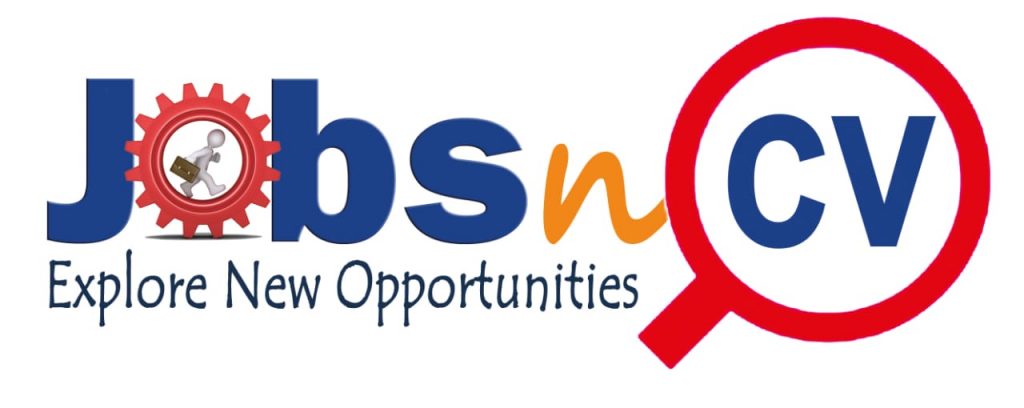How to choose a career
Description
Choosing the right career can be difficult, but having a defined career direction will help you with getting job. With thousands of options, how will you choose a career that’s right for you? If you don’t have any idea what you want to do, the task may seem insurmountable. Fortunately, it isn’t. Follow an organized process and you will increase your chances of making a good decision. With thousands of occupations to pick from, to increase the odds of career satisfaction, find one that is a good fit for your interest attitudes, work-related values and personality type. Before you can choose the right career, you must learn about yourself. Your values, interests, soft skills and aptitudes, in combination with your personality type, make some occupations a good fit for you and others completely inappropriate.

Some Tips to choose Career
- Learn About Yourself. Start with passion. Answering “what career is right for me” is easier if you ask your heart first.
- Learn About the Occupations on Your List. The results from your self assessment will include a list of occupations that are a good fit for you based on all the factors it examined, but the quest to find the right career doesn’t end here.
- Make a List. You probably have multiple lists of occupations in front of you at this point—one generated by each of the self-assessment tools you used. To keep yourself organized, you should combine them into one master list.
- At this point, you’ll be thrilled you managed to narrow your list down to only 10 to 20 options.
- Define “wealth.” Do you want a six-figure job, or something else? Freedom? Flexible hours? Family time? Don’t assume your happiness has a dollar figure.
- Think about your dream career.There is an old saying that if you’re trying to choose a career, you should think about what you would do if you didn’t have to work. If you had a million dollars and you could do anything, what would you do?
- Build your list of job titles. Search “list of jobs for” + your passions and skills.
- Make a list of all your skills and strengths.
- Create a Short List. Now you have more information, start to narrow down your list even further. Based on what you learned from your research so far, begin eliminating the careers you don’t want to pursue any further.
- Explore your interests and passions.
- Discover which Holland personality types you are most like, then match your results with promising careers, college majors and training programs.
- Figure out what you’d like to be known for when you retire.
- When you have only a few occupations left on your list, start doing more in-depth research. Arrange to meet with people who work in the occupations in which you are interested.
- Focus on your own aspirations, rather than societal expectations.
- Once you make a decision, identify your long and short term goals. This helps to chart a course toward eventually landing work in your chosen field.
- Consider your financial situation.
- Put together a career action plan, a written document that lays out all the steps you will have to take to reach your goals. Think of it as a road map that will take you from point A to B, then to C and D.
- Think about the education you will have as you enter a career.
- Determine if you want to school.
- Define your expectation.
- At High – Quality decision making you will learn a method based on many scientific studies that is widely used in business and medical settings. It is easy to understand and use.
- Do more research.
- Take a career aptitude test.
- Make a list of all your skills and strengths.Take some time to really think through the things you are good at. Consider things like physical skills, practical tasks and creative work. Perhaps you are a great artist, a whiz with numbers, an excellent salesperson or an all-star soccer player.
- Figure out what you’d like to be known for when you retire.Look ahead to the future and think about what you’d like your life’s work to be. It’s okay if you don’t know right away, spend some time thinking it over.
- Explore your interests and passions.Now, think of what you enjoy doing, which may not be the same things that you are good at and add them to the list.
- When you have only a few occupations left on your list, start doing more in-depth research.
- Once you make a decision, identify your long and short term goals. This helps to chart a course toward eventually landing work in your chosen field.
leave your comment